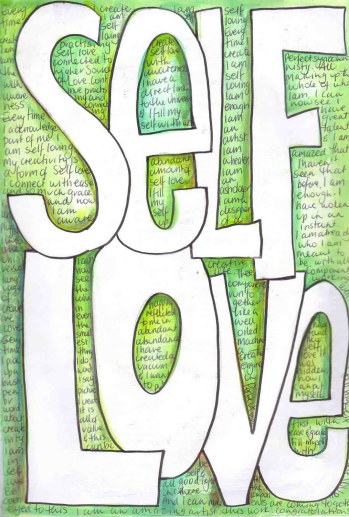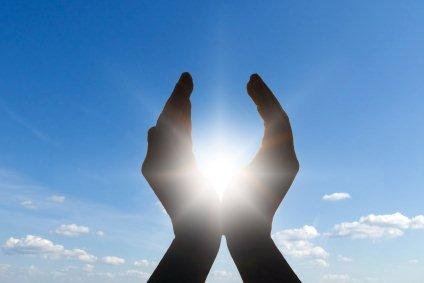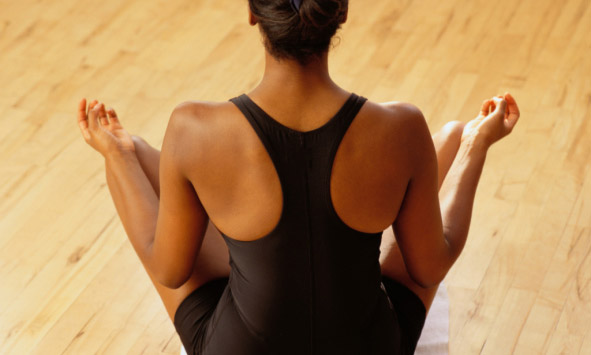I often get requests for practical day-to-day advice for caring for oneself as an activist. It's prompted me to reflect on what it means for activists to really practice self care... not just as some fluffy theoretical concept reserved for the those who can afford fancy yoga retreats, but as…
-
-
African Feminism - Afrofeminism - Blog - Movement-Building - Self-Care and Self-Love - Special Series - Thought Leadership
Celebrating Audre Lorde with Jamaican Feminists: Activism, Self Care, and Virtual Sisterhood
I was invited by a Caribbean feminist collective to participate as a virtual guest in their Audre Lorde appreciation event this past weekend. After weeks of fighting a winter slump, I ended my Skype session feeling nourished and optimistic, which has prompted some reflecting on the power of sister circles,…
-
Response to “An End to Self Care”: How About “An End to the Activist Martyr Complex?”
An articled called, "An End to Self Care" was recently published, in which an activist proposed bringing an end to all the individualism behind "self-care" and, instead, called for sustainable community care. His piece (and some of its praise) reminded me why I've made it a point to stay away…
-
Black Lesbian Self-Love Now Comes in a Bottle: HONEY & GOLD Elixir
A Black lesbian organic herbalist and entrepreneur, who specializes in women's wellness, just started a social venture mass manufacturing her signature organic elixir, HONEY & GOLD, described as a "pleasure and beauty tonic." Pleasure and beauty tonic? Please sign me up immediately.
-
Afrofeminism - Blog - Gender and LGBT Issues - Love and Afrofeminism - My Work - Self-Care and Self-Love - Special Series - Writing and Guest Blogging
Love and Afrofeminism: Is the Self Care Movement Individualist or Revolutionary?
Is the Self-Care Movement individualist or revolutionary? African culture prioritizes the welfare of the whole over the individual—perhaps too much so. But on the flipside, the individualism I’ve experienced in the US isn’t much better. Is balance between these two extremes even achievable?
Online rulet oyunları gerçek zamanlı oynanır ve online slot casino bu deneyimi canlı yayınlarla destekler.
İnternet üzerinden eğlence bahsegel giriş arayanlar için deneyimi vazgeçilmezdir.
Kullanıcıların hesaplarına hızlı ve sorunsuz bettilt ulaşabilmesi için adresi her zaman güncel tutuluyor.




